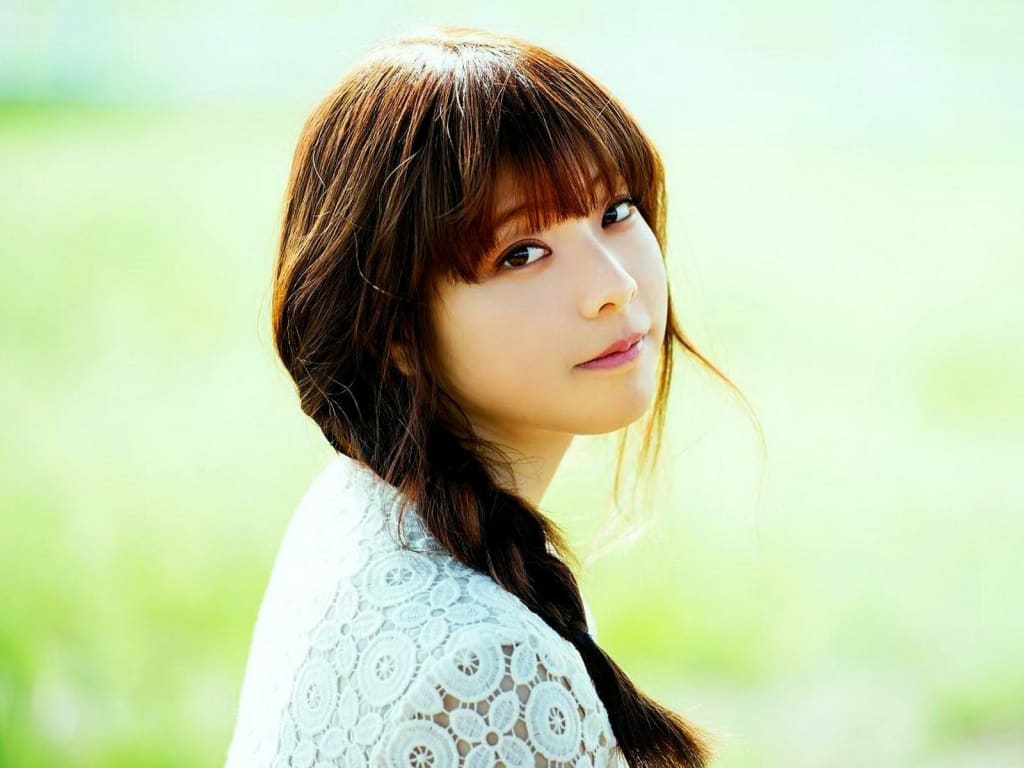If you really want to change, don't worry about other people's shortcomings and mistakes. You are not a person.
Self-protection

Bees collect nectar
But does not monopolize her beauty and fragrance
The Buddha called his monk a "beggar"-Madhukari. Madukari means: collect food like bees. Bhikkhu, the Buddhist mendicant monk, begged along the door; they did not beg from just one family, because that would put too much load on the family. So they will beg from many families, a little bit from one family, a little bit from that family, so that they will not become a burden to anyone, and they will never beg from the same house twice. This is Madukari-- like a bee. Bees fly to and fro among the flowers without occupying them.
The bee collects nectar but does not monopolize the beauty and fragrance of the flower, it only takes a little from a flower, so the beauty of the flower will not be spoiled, and the fragrance will not be destroyed. The flower did not feel any bees coming at all. It came quietly and left quietly.
The Buddha said: the awakened one lives in the world like bees, never destroying the beauty of the world, never destroying the fragrance of the world. He lives quietly and moves quietly, just to meet his basic needs. His life is simple and not complicated at all. He doesn't gather things for tomorrow. Bees never gather for tomorrow, and today is enough for it.
So let the inner settle down and wander. A very strange sentence: "Let the inner settle down and wander". Be stable on the inside, but be a vagrant on the outside; take root completely on the inside, but don't stay in one place for a long time on the outside, and don't spend too long with a specific person, because this will lead to persistence and possession. So be like a bee.
I was reading a poet's memoir the other night. "I found a very strange thing: whenever I fall in love with a really beautiful person, I can't have him or her," he said. If I have it, I will immediately see myself destroying the beauty of this person. If I become persistent, in a way, it is hurting this person, hurting his freedom. "
Poets are sensitive people; they are aware of many things that ordinary people have never been aware of. This is a beautiful insight, very profound; if you really fall in love with a beautiful person, you will not want to possess, because possession is destruction. You will be like a bee: enjoy the time together, enjoy the friendship, enjoy the love, but you will not have it. To possess is to degrade a man into an object; to possess destroys his spirit, to degrade him as a commodity-you do it only when there is no love, and only when your love is just a mask of hate.
The Buddha said: flow through life like bees. Enjoy, celebrate, dance, sing, but be like a bee-fly from one flower to another and experience everything. Because only through experience will you mature. But don't become an possessor, don't get stuck anywhere. Keep flowing like a river, not stagnant. It is true that we should settle down on the inside and let it be like a stone on the inside, but keep on being a vagrant on the outside.
Examine one's own faults
Look at what you've done or haven't done.
Don't pay attention to other people's mistakes.
Human beings are usually lenient to themselves and strict with others; tolerate their own shortcomings, but emphasize and exaggerate the faults of others. This is the way of the self, and it feels comfortable when it sees: "everyone has so many shortcomings and I don't". The trick is to ignore your own shortcomings and exaggerate the shortcomings of others, so that everyone certainly looks like a monster and himself like a saint.
The Buddha said: do the opposite. If you really want to change, don't worry about other people's shortcomings, it's none of your business, you're not a person, you're not invited to interfere in their affairs, and you don't have the right to do so, so why ask for trouble, but, don't ignore your own shortcomings, because they must be transformed and overcome.
When the Buddha says, "look at your faults and see what you have done or haven't done," he is not saying: if you do something wrong, you will be annoyed; if you do it right, you will boast and think it is great. No. He is just saying: look carefully, so that you can remember not to repeat the same mistakes in the future, and you can remember that the advantages can be strengthened and the disadvantages should be reduced in the future. He's not trying to annoy you, but to make you remember.
This is a different attitude between Christianity and Buddhism. Christianity reminds them to repent, so Christianity creates a great sense of guilt; Buddhism never creates any sense of guilt, not to repent, but to remember that the past is gone, irreparable, and there is no need to worry. Just remember not to make the same mistake again and be more careful.
Like a lovely flower
Gorgeous but without fragrance
The words of a man with a different heart
Full of sweet words, but empty and poor in content.
Those who are constantly chanting the sutra mechanically have nice words but empty content. They are like beautiful flowers, gorgeous without fragrance; they are like paper flowers or plastic flowers, without fragrance and vitality. Only when you speak from your heart, not when you quote the scriptures; when you speak according to your own authority; when you speak as a witness of truth; when you speak not as a scholar or erudite, but as an awakened one, it is possible to have vitality and fragrance.
Like a lovely flower
Bright and fragrant
The words of a man with the unity of heart and mouth
It's beautiful and real.
Remember: don't repeat what other people say. Experience and only talk about what you have experienced. In this way, what you say will have content and weight; what you say will have a light and a fragrance; what you say will attract people, and not only attract them, but also affect them; what you say is meaningful, and those who are ready to listen will be transformed by your words; what you say will breathe, it will be alive; your words will have a heartbeat.
Like a bunch of flowers weaving a wreath
Similarly, use good deeds to weave the style of your life.
Let your life be a garland of good deeds. But according to the Buddha, good deeds occur only when you become more cautious, more alert, and more aware. Good deeds are not virtues that can be cultivated. Good deeds must be a by-product of becoming more conscious.
Buddhism does not emphasize virtue, but consciousness-this is the greatest contribution of Buddhism to human beings and human evolution.






Comments
There are no comments for this story
Be the first to respond and start the conversation.